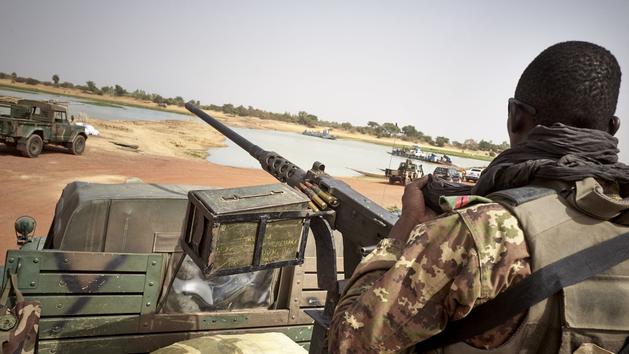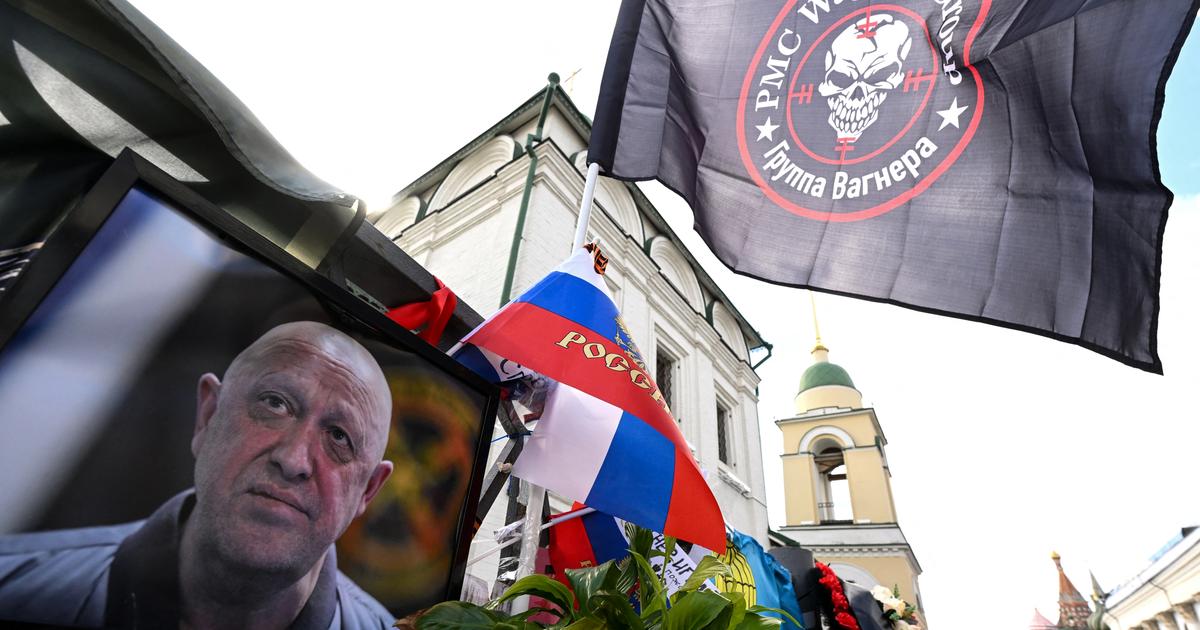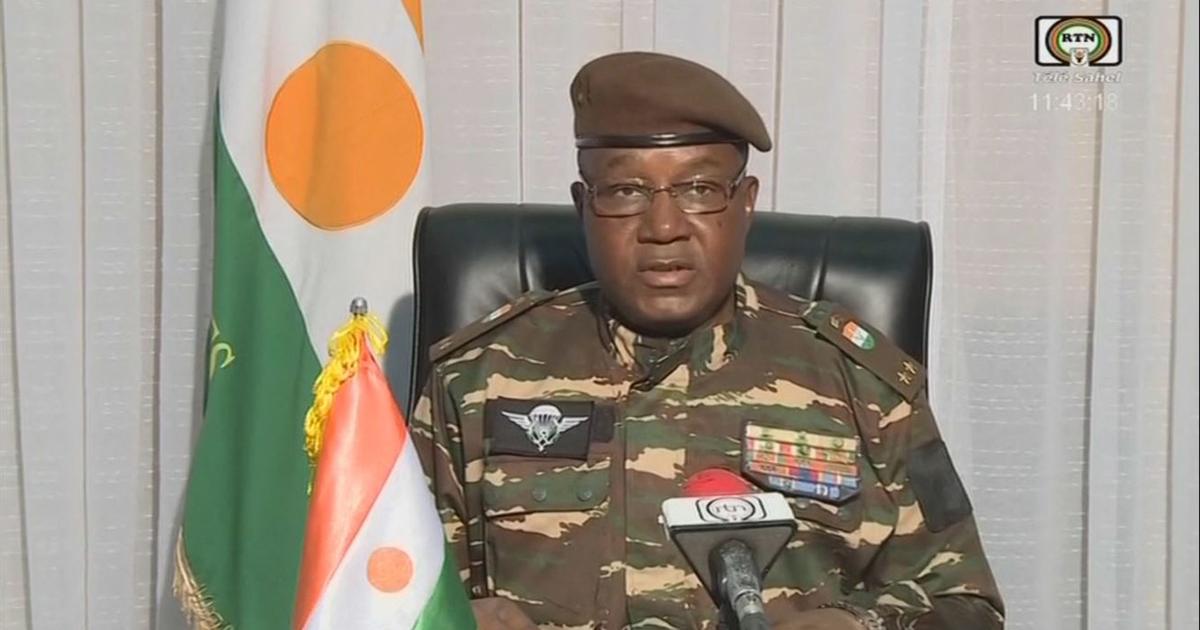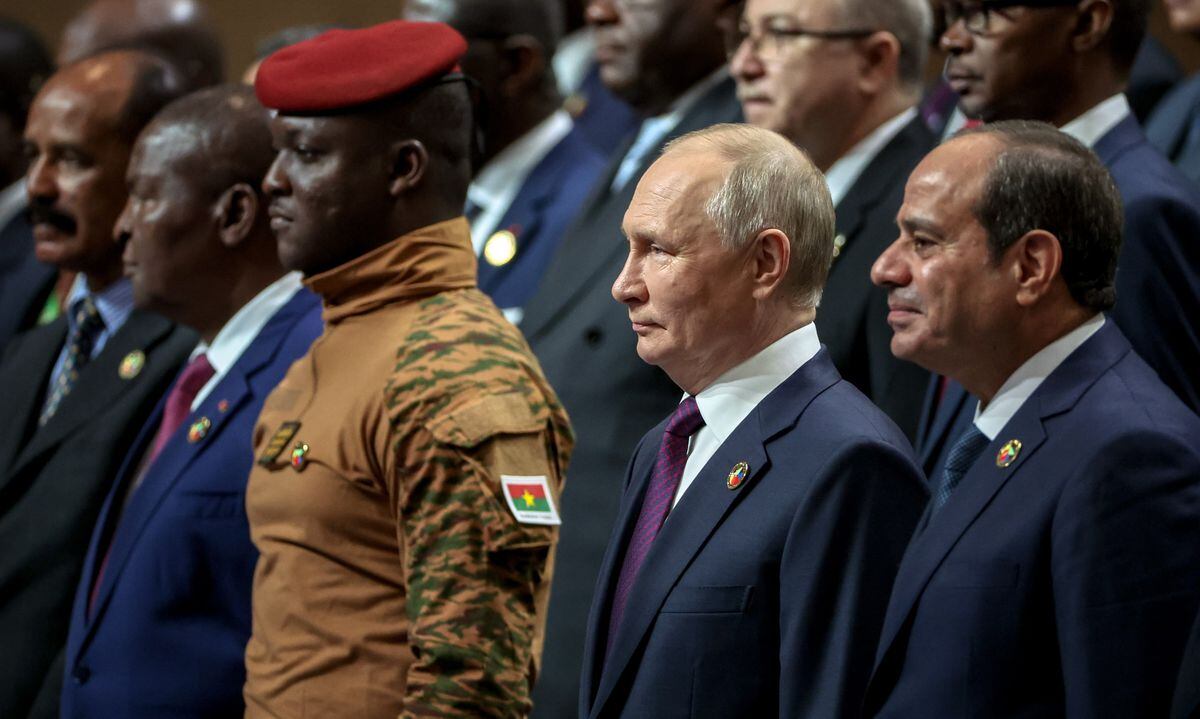The war in the Sahel is not just Operation Barkhane. In a report released Wednesday, Amnesty International documents a dark side of this multi-actor conflict. Victims of terrorist groups operating in the region and who draw their resources from resentment towards the State or from social and ethnic resentments, local populations can also be the target of soldiers under pressure, often poorly trained, suspicious of danger. . Between February and April 2020, the NGO thus identified 199 incidents committed, according to it, by the Malian, Nigerien or Burkinabé security forces: 57 extrajudicial executions and 142 enforced disappearances.
Read also: While waiting for “Takuba”, “Barkhane” continues its operations in the Sahel
"Amnesty International urges the governments of Mali, Burkina Faso and Niger to investigate" these facts, insists the NGO. For Paris, which has made an additional effort since the beginning of the year to shift the balance of power on the ground, these abuses are a subject of concern and regular dialogue with the partner forces. These "intolerable" facts can "pose a problem of credibility" , it was said a few weeks ago within the general staff. The units on the ground "have not witnessed such behavior" , it was said, but the command "is required to denounce acts which do not comply with the law of armed conflict" , it was repeated, assuring that the French State requested investigations if necessary. Legal advisers are also systematically present for all planned joint operations. These are more and more numerous. But often the regional armies alone conduct their operations to regain control of the territory.
Arbitrary arrests
Meanwhile, "insecurity reigns in the Sahel, where the population is trapped between attacks by armed groups and ongoing military operations , " deplores in a statement Samira Daoud, director for West Africa and Africa central to Amnesty International. "We know that the (Malian) army makes dozens of arbitrary arrests each time, and that some of those arrested never reappear, but we do not know the real extent of the violations committed by the security forces , " added she.
To read also: Sahel: the future of “Barkhane” is played out in the coming months
The NGO collected testimonies. "When the soldiers arrived, they started shooting," a witness to the organization told AFP after the Malian army intervened in Kogoni-Peulh on February 3 as part of Operation Maliko. "Many villagers fled, those near the mosque raised the alarm and many others fled into the bush outside the village," he said. The Malian soldiers then killed a shepherd. He "was in the second group, but he couldn't reach the bush. I was also among those who fled, I was able to escape but not him, " the witness told Amnesty. Two other residents were then arrested. "On February 4, Oumar Diallo, an elected official, was instructed by the inhabitants of Kogoni-Peulh to inquire of the soldiers about the fate of the two villagers arrested the previous day and to negotiate their release" , continues the NGO in its report. “While on their way to Ségou with another villager, they were arrested by soldiers (…) and detained in [a] military camp where they were allegedly ill-treated. Four days later, they were transferred to Ségou where Oumar Diallo died, either during the transfer or upon arrival at the camp, " said the NGO, which collected other stories of the same type, as in Belidanedji February 16. “When the soldiers arrived in the village, most of the people fled to escape their fury. But they arrested several villagers and executed four of my relatives. Then they seized some of the fertilizer, supplies and many other items on the market, ” said a witness.
Urban exodus
In Burkina Faso, the NGO documents other cases, such as the execution of 31 residents of Djibo on April 9 by the Groupement des forces antiterroristes. The Burkinabé military justice investigates this affair. In Niger too, Amnesty reports disappearances. "The locality of Inates is deserted by its inhabitants and most of them have moved south, closer to urban centers, due to insecurity," said a witness.
The NGO's report is in addition to that of the human rights division of Minusma, the UN stabilization force in Mali, which had identified in the first quarter of 2020 an increase in abuses in the region. "The division noted with concern the increasing involvement of the Malian security forces in human rights violations," it said. The division had counted 101 extrajudicial executions and 32 cases of enforced disappearance.
At the Pau summit last January, the G5 Sahel countries (Mauritania, Mali, Burkina Faso, Niger and Chad) pledged to step up their action to gain the upper hand over terrorist groups and avoid the stagnation of the conflict. For France, the resolution of the security crisis in the Sahel requires both tactical victories against terrorists and the restoration of the rule of law. The multiplication of overflows could hold the picture.






/cloudfront-eu-central-1.images.arcpublishing.com/prisa/OV6CEZOW4JHR3G3HM6RQTVOBYE.jpg)


